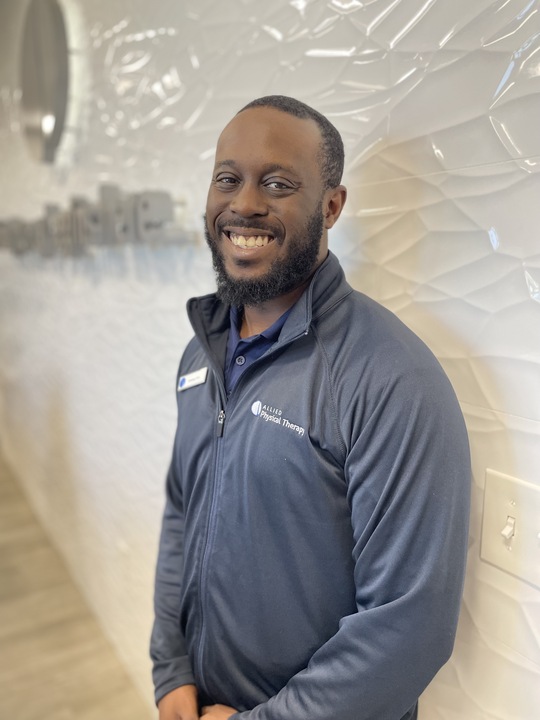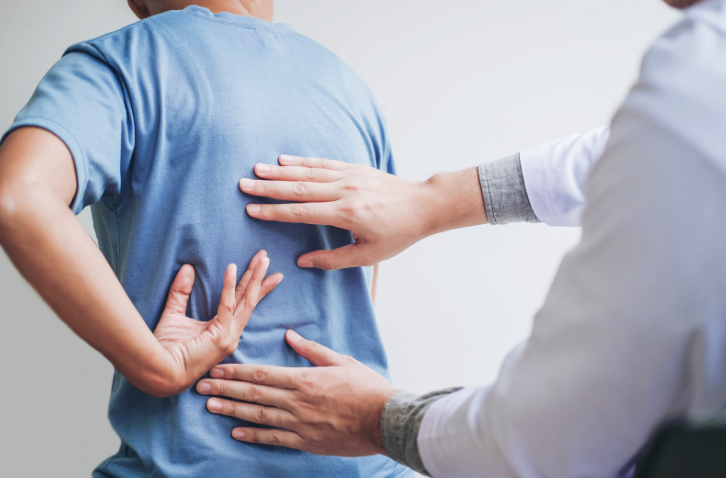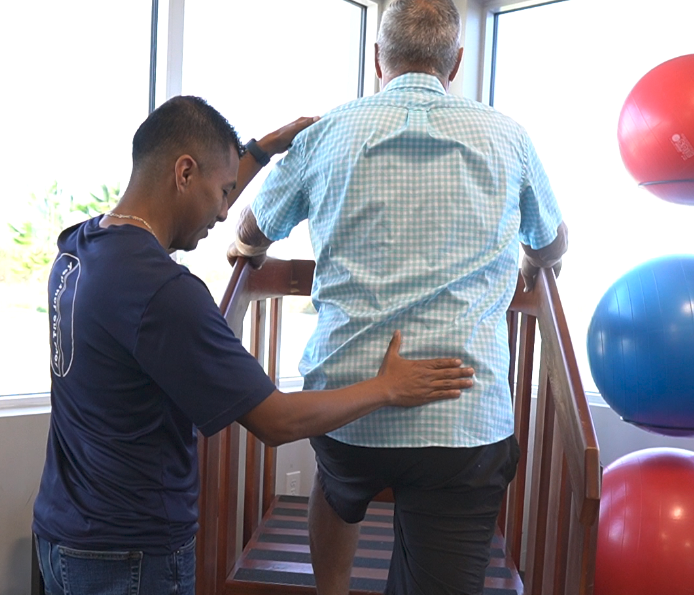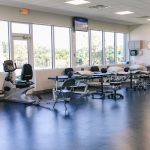
Kendrick Louis-Juste, PTA
Physical Therapy Assistant
Physical Therapist Assistant Kendrick Louis-Juste comes to us from right down the street, as he is a Cape Coral, Florida native! A graduate of Island Coast High School, Kendrick attended Keiser University in Fort Myers where he earned his PTA certification.
Kendrick says his favorite thing about being a Physical Therapy Assistant is being able to genuinely help his patients and see them leave the clinic with a smile on their faces. He wants every patient to know that he will do what he can to make them comfortable and help them to ease their pain.
When he is not working, Kendrick enjoys going to the gym, anime, gaming, sports, and trying new food spots.










